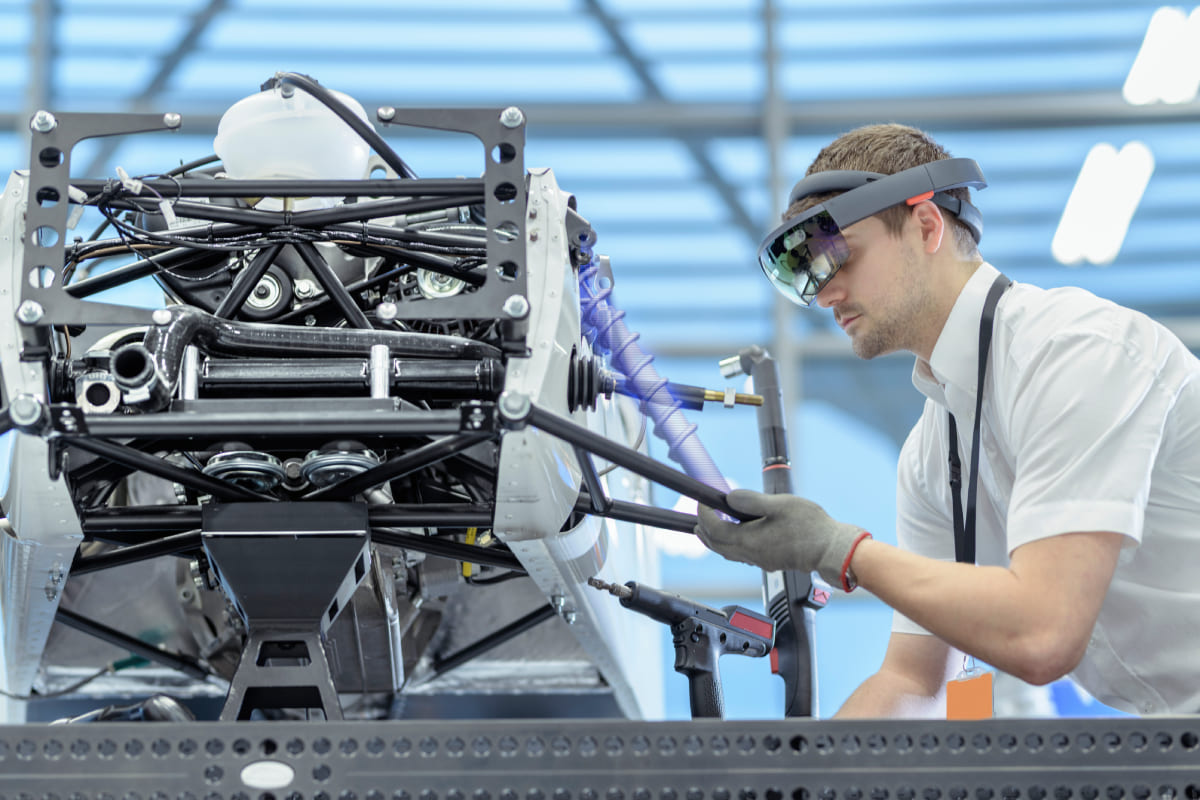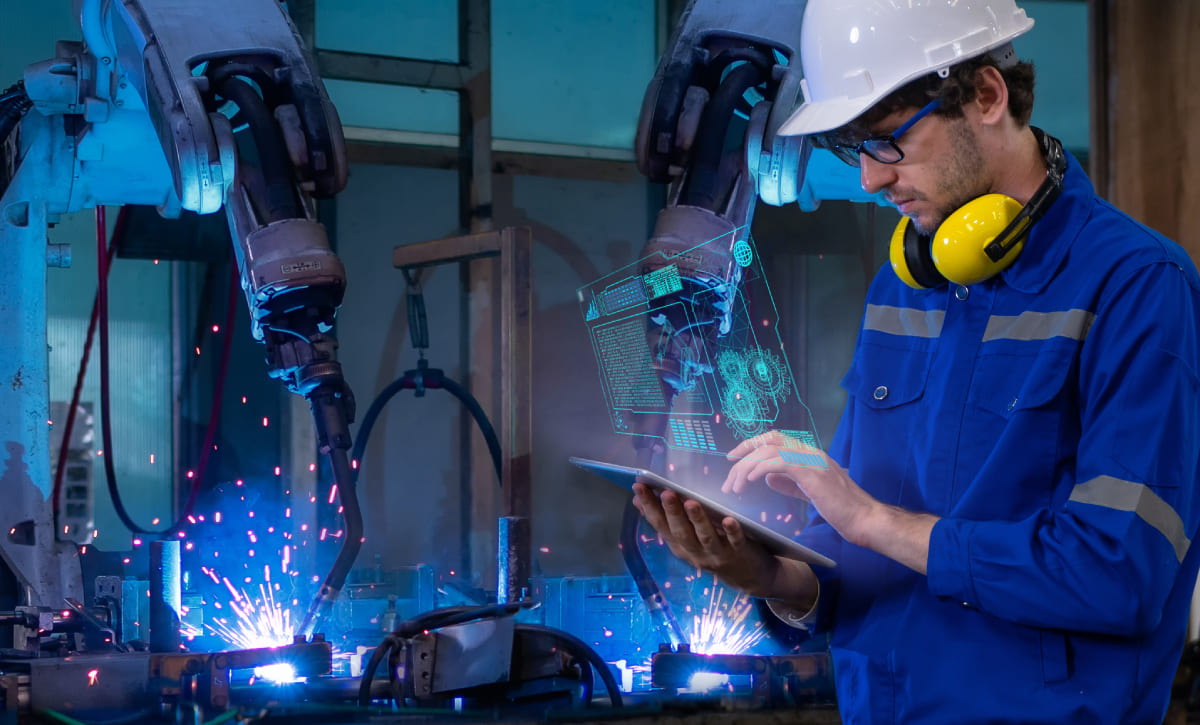Industrial IoT – Connecting Devices for Better Insight
The Industrial Internet of Things (IIoT) refers to ‘smart’ connected components and systems used in industrial settings and applications.
It is the latest in the evolution of industry:
- First Industrial Revolution – Coal, machines, factories, cities, middle class
- Second Industrial Revolution (Technological Revolution) – Railroads, telegraphs, electricity
-
Third Industrial Revolution (Digital Revolution) – Digital electronics, digital record keeping
- Fourth Industrial Revolution (Industry 4.0) – Interconnectivity, Smart Automation, AI, M2M, IIoT
Industry 4.0 leverages IIoT, which incorporates technologies to harness the power of sensors, intelligent devices, and data analysis to improve manufacturing and industrial performance and productivity.
Benefits of IIoT Include:
IIoT provides business benefits across industries. Examples include:
- Deeper insights into your device health by analyzing utilization for predictive maintenance
- Improved efficiency and accuracy using ‘smart’ components and systems
- Reduced operating costs by automating manual tasks and making data-driven decisions

Common Challenges for IIoT Implementation
Understanding What Industrial Operations Needs
IIoT is a relatively new application of technology. Like any other major innovation, knowing what you need is challenging until you see that need filled. Factory operators might know they want to improve productivity and introduce intelligence. But they don't understand how to do it or what solutions will make it happen.
Making Use of the Data
Data is only helpful if we can do something with it. A significant hurdle for IIoT implementation is figuring out where data goes, how it gets there, how to store it, and what to do with it. Otherwise, IIoT components are collecting valuable data for no reason.
Overwhelming Choices
MMTQ, CoAP, AMQP, TCP, UDP: IIoT protocol options alone are enough to make any industrial customer second-guess implementation. There are too many choices, and most clients are not well-versed in this technology to decide on the right one for their needs.
Lack of Internal Know-How
You might encounter many knowledgeable mechanical and power engineers in an industrial setting. Factories have the right people to take care of those traditional industrial machines, and suppliers have the right people to build them. But when it comes to creating and handling data? Most industrial firms don't have dedicated firmware or IT teams.
Hesitation or Inability to Innovate
Factories and suppliers that operate the same way for decades or generations are often doubtful about change. The "traditional" way works fine, so why modify it? In those cases, IIoT is out of a customer's wheelhouse, and a shift towards data-focused operations is a monumental task. There is no history or culture of change and innovation, making implementation a significant challenge.

How Voler Systems Can Help
Voler Systems can help you solve these challenges and transition into the fourth industrial revolution. We have over two decades of experience working in IoT innovation and use a multi-phase approach to addressing common IIoT hurdles.
Let us update your industrial equipment to Industry 4.0 standards to ensure connected devices and systems intelligently deliver key insights into your product development and manufacturing processes.
Typical Project Approach
-
Define
- Define data needs
- Define parameters, data to log, settings
- Select: sensors, wired/wireless, protocol, cloud, frequency
- Describe roadmap strategy
-
Implement
- Execute hardware strategy and design
- Execute firmware strategy and design
- Deliver the IIoT-enabled solution
Voler Systems has the expertise to overcome the barriers that prevent successful IIoT implementation. Our systematic approach helps clients in the industrial sector harness technology and data for transformative operational and financial benefits.
Contact us to find out more.


